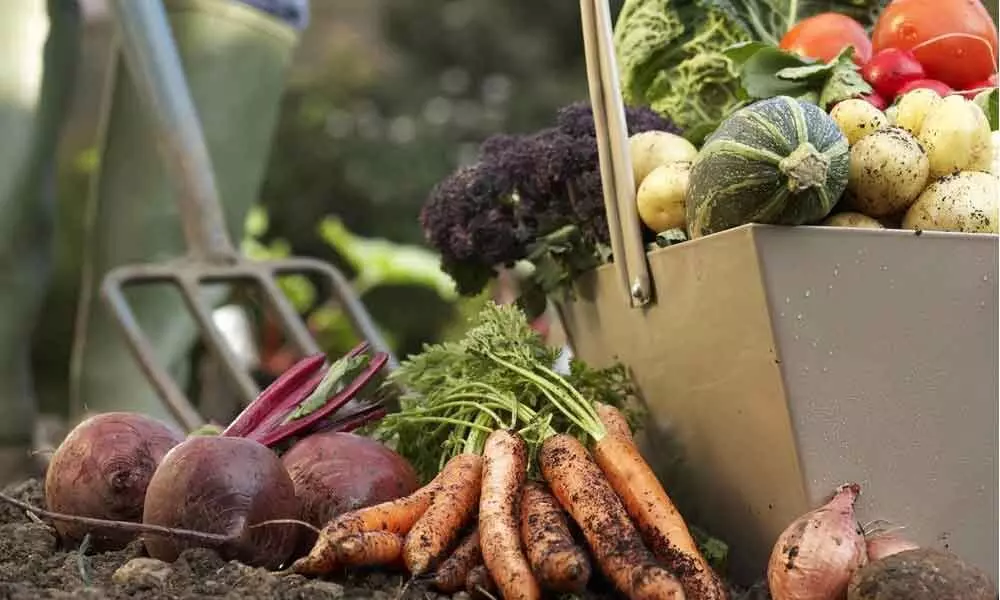Healthy soil required to cultivate wholesome food

Healthy soil required to cultivate wholesome food
To feed 10 billion people in a healthy and sustainable way, we must rethink how we produce and consume food
To feed 10 billion people in a healthy and sustainable way, we must rethink how we produce and consume food. The World Economic Forum (WEF) suggests regenerative farming is key to healing the planet and feeding the world with healthy food.
Accordingly, consumers have the power to be part of this transition, by eating plant-rich and diverse diets, and slashing and repurposing waste, it said in one of its latest reports. Let us have a closer look. It is a foregone conclusion that food is why we're all here. It sustains life, spreads joy and brings us together.
However, the population of the world is neither diminishing nor steady. It is only increasing day by day, rather, minute by minute. But if we are to feed 10 billion people in a healthy way within planetary boundaries, the way in which we produce and consume food needs to change, experts of the World Economic Forum feel and do so rightly.
As the coronavirus pandemic puts food security and nutrition at risk in many countries and hurts the livelihoods of small producers, a re-evaluation of the food systems is a must. It is equally important to take note of what we are eating and how much of it every day. As consumers, we have the power to be part of this transition. Informed and empowered consumers send a powerful message to producers and policymakers alike.
During the last century, the focus on crop yields and making food accessible and affordable has contributed to immense progress, with reductions in hunger, improved life expectancy, falling infant and child mortality rates, and decreased global poverty. Still, nearly 700 million people – equivalent to half of India's population – are undernourished.
At the same time, 2 billion adults are overweight or obese and 1 in 5 deaths around the world are related to poor diets. Unhealthy diets have become a leading cause of mortality, killing more people globally than drug, alcohol and tobacco use combined. What is more, this singular focus on yield and efficiency has come at a significant cost for our planet.
Today's food systems contribute up to 37% of global greenhouse gas emissions and are a leading driver in the dramatic decline in biodiversity, putting us in the midst of a sixth mass extinction. Beneath our feet another crisis is unfolding - soils are being turned to dirt. Soil is a living system bursting with life forms that play important roles in delivering nutrients to plants, maintaining soil fertility, retaining water and fighting climate change.
Replenishing and protecting the world's soil carbon stores could help offset up to 5.5 billion tonnes of greenhouse gases every year. But currently, about one-third of the world's soil is degraded in large part due to intensive farming practices. Scientists predict that share will jump to 90% by 2050, if nothing changes. Without healthy soil, we face increased risks of desertification, dust storms and flooding.
We also lose productive land. The WEF is drawing up strategies to be taken up at their May meet next year to tackle the impending crisis. There is not much time and all countries should draw focus on the strategy without delay.








